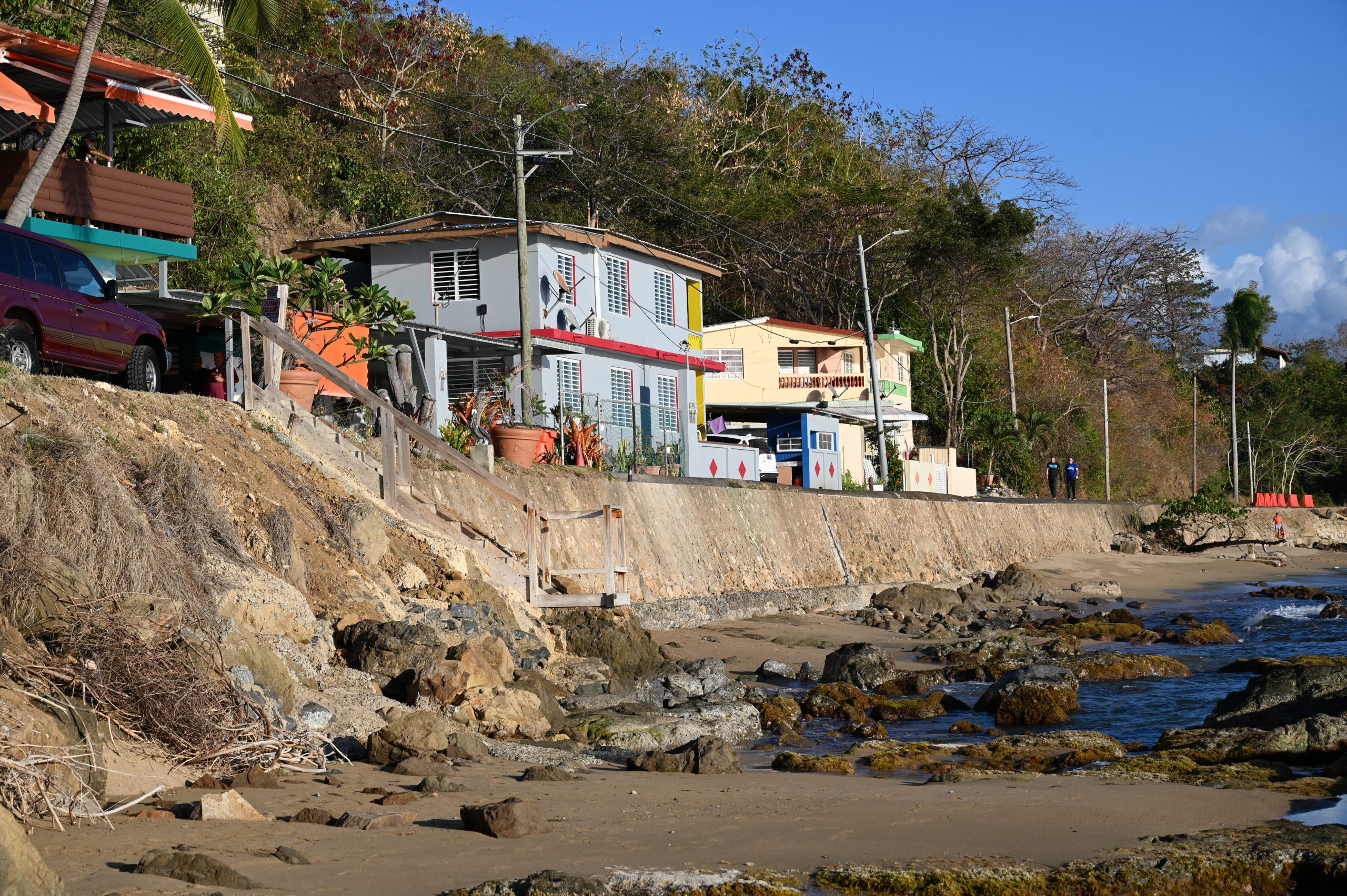Puerto Rico has seen an alarming increase in deaths over the last two years caused by cardiovascular conditions, diabetes, and mental health conditions like overdose, alcoholism, and dementia. There are a number of reasons for this, but the Fifth National Climate Assessment released last month warned that more intense and frequent hurricanes and other extreme weather events caused by climate change will likely bring more illness, higher mortality, and an overall decrease in quality of life to citizens in Puerto Rico and the U.S. Virgin Islands.
“Perhaps we are among the least responsible for climate change, but we are being among the most impacted,” said Pablo Méndez-Lázaro, one of the lead researchers of the chapter. Méndez-Lázaro is also associate professor at the department of environmental health of the University of Puerto Rico graduate school of public health.
One big complication: Many health care professionals left Puerto Rico after Hurricane Maria, and the island has lost 46% of its practicing doctors in the past decade. Hospitals and health programs closed, and the hardship worsened during the COVID-19 pandemic. One study conducted after Maria found that one in 14 school-aged children on the island had post-traumatic stress disorder due to the hurricane.
The 32-chapter national assessment, which will be published in Spanish in the coming months, is filled with information on the effects of climate change and potential solutions in the United States. This is the first assessment to fully assess the devastating effects of Hurricanes Maria and Irma on the islands in 2017. Chapter 23 focuses on Puerto Rico and the U.S. Virgin Islands, examining the climate crisis in the context of the sociological, psychological, and historical situation of this region. It paints a more nuanced and complex picture than the fourth assessment in 2018, which focused on the effects of climate change on rainfall, coastal systems, and rising temperatures.
Hurricanes Maria and Irma caused more than 4,000 deaths. Five years later, the islands of Puerto Rico and the U.S. Virgin Islands are still trying to recover. Scientific studies show that global warming intensified the torrential rains of Hurricane Maria, which left some communities in Puerto Rico without drinking water and electricity for almost a year.
“Things like poverty and inequity exacerbate these external events,” Méndez-Lázaro said.
The U.S. national average poverty rate is 12.6%, while the poverty rate in the U.S. Virgin Islands is at 22.8% and Puerto Rico’s is 42.7%.

The monster storms have forced communities on these islands to incorporate climate resilience into their lives, such as building microgrids and establishing local emergency protocols should another storm hit.
“These extreme events have been like a game changer and have promoted unity, structure, organization with community leaders, and many organizations to seek social transformation toward sustainability, adaptation, and addressing issues of injustice,” Méndez-Lázaro said, He expressed hope that local communities and governments can continue working together to co-design solutions.
Read: Who will save Puerto Rico’s beaches from rising seas, storms, and developers? The people.
Much work remains if these Caribbean islands are to mitigate and prevent the effects of climate change.
“Although there are certain indications of political will, we lack the economic resources allocated to work with each of the courses of action or strategies identified to adapt,” Méndez-Lázaro said.
In Puerto Rico, a law for the adaptation and mitigation of climate change was introduced in 2019. In December 2023, public hearings concluded for a draft of an islandwide plan to address the effects of climate change. The next step will be to submit the plan to the Puerto Rican legislature, which could approve it this year.
Still, the government has drawn criticism for acting too slowly to make the island more resilient, like failing to crack down on illegal construction along the coast that puts residents at risk should another strong storm hit.

This year, the U.S. government promised $3 million to the U.S. Virgin Islands to combat and adapt to climate change. The project includes funds for temperature data collection and water resource initiatives, and will also be used to restore historical documents damaged by storms and improve the infrastructure of buildings containing these documents.
Mendez-Lázaro said the next steps will be to continue expanding communication and resilience networks among Caribbean islands. “Our intention is to work at the regional level throughout the Caribbean basin,” he said.
Source link


